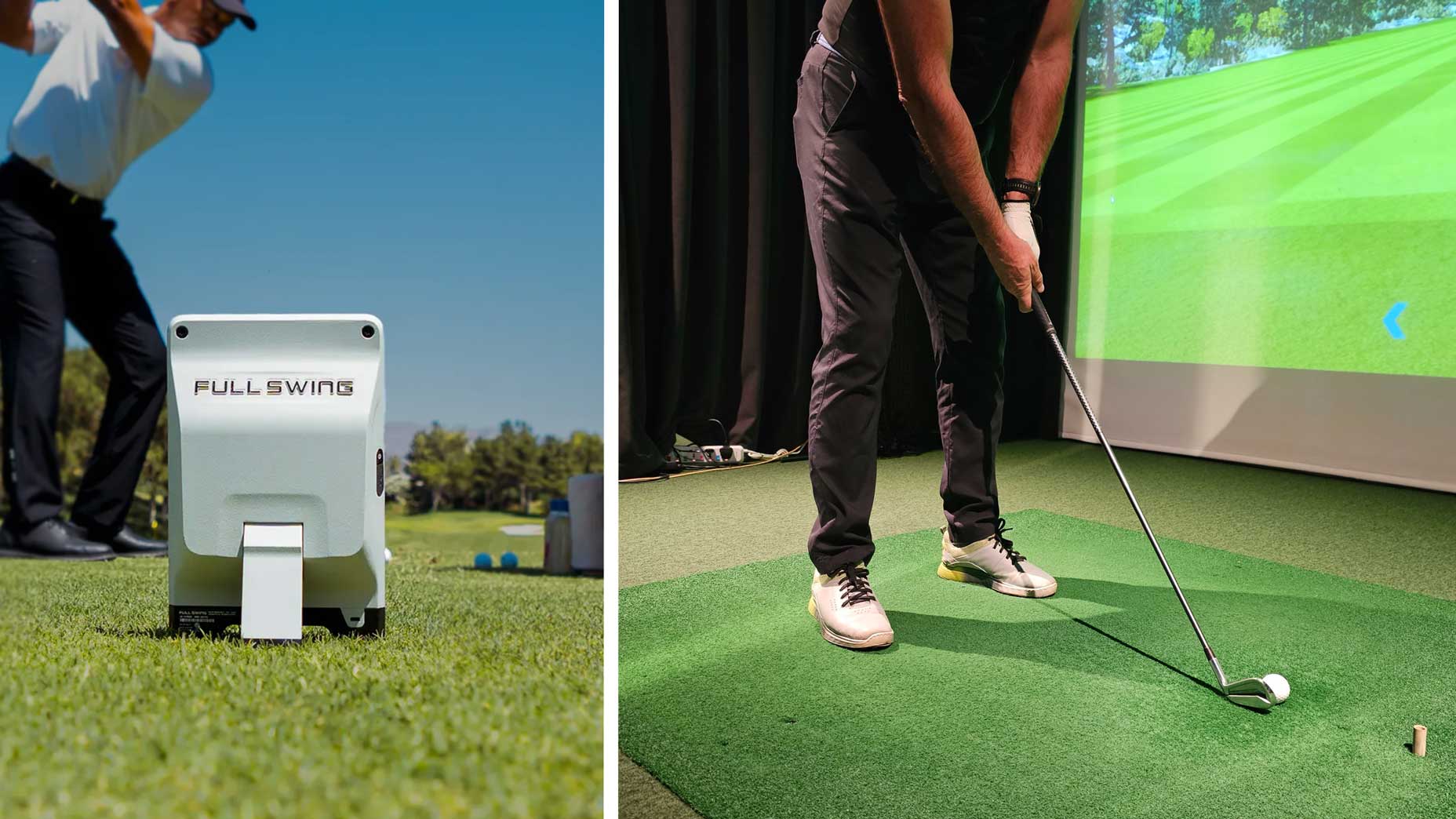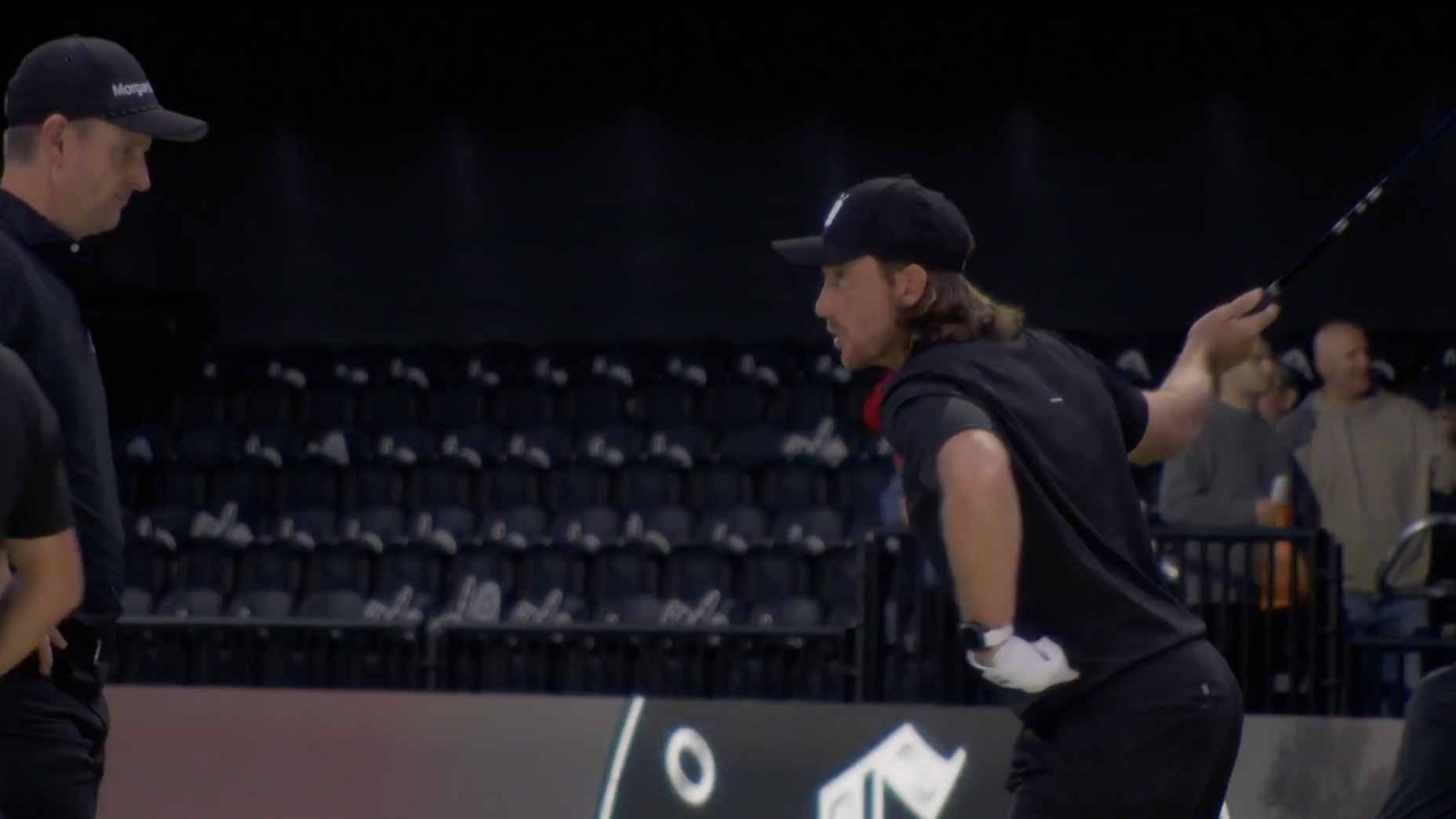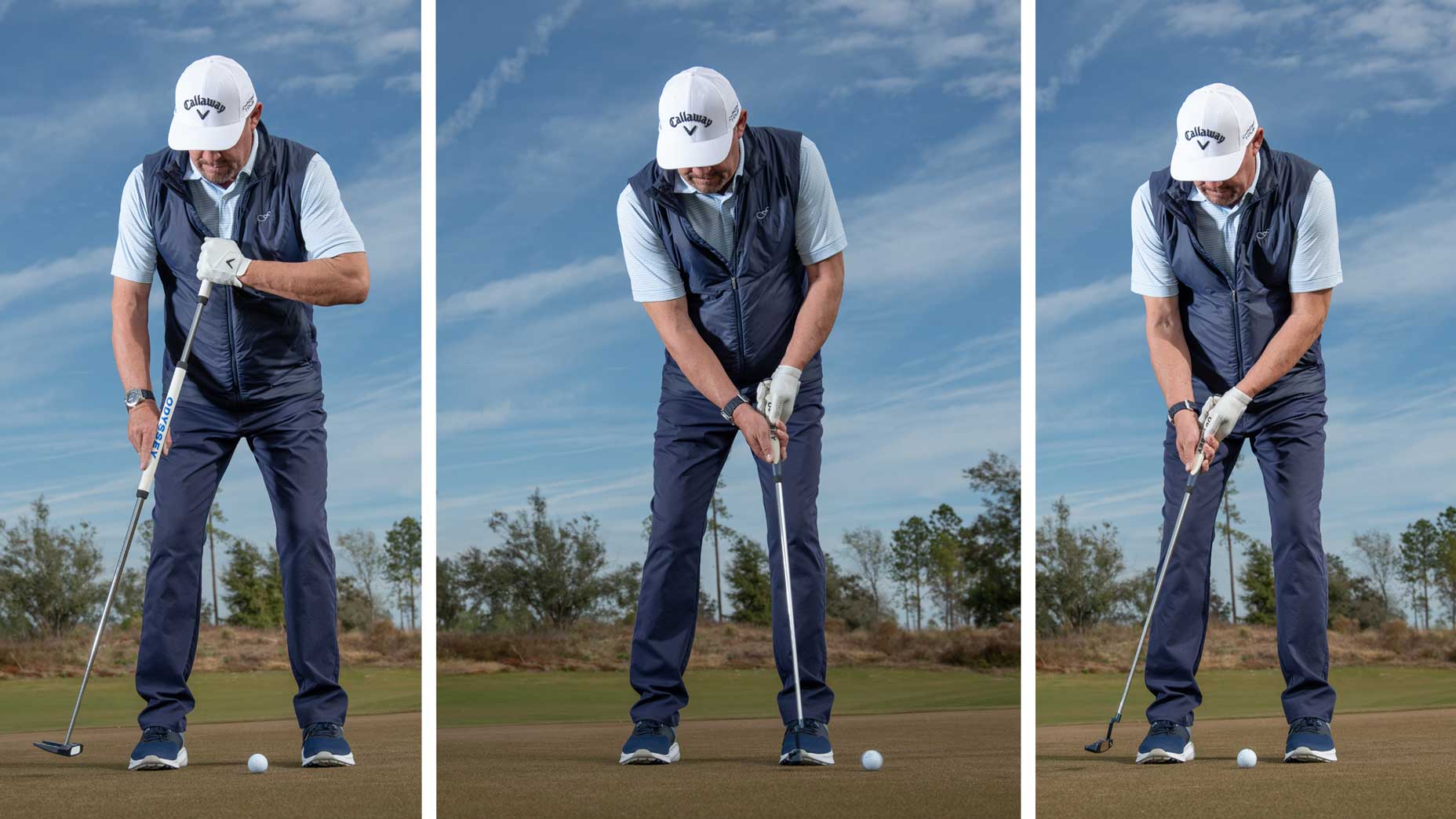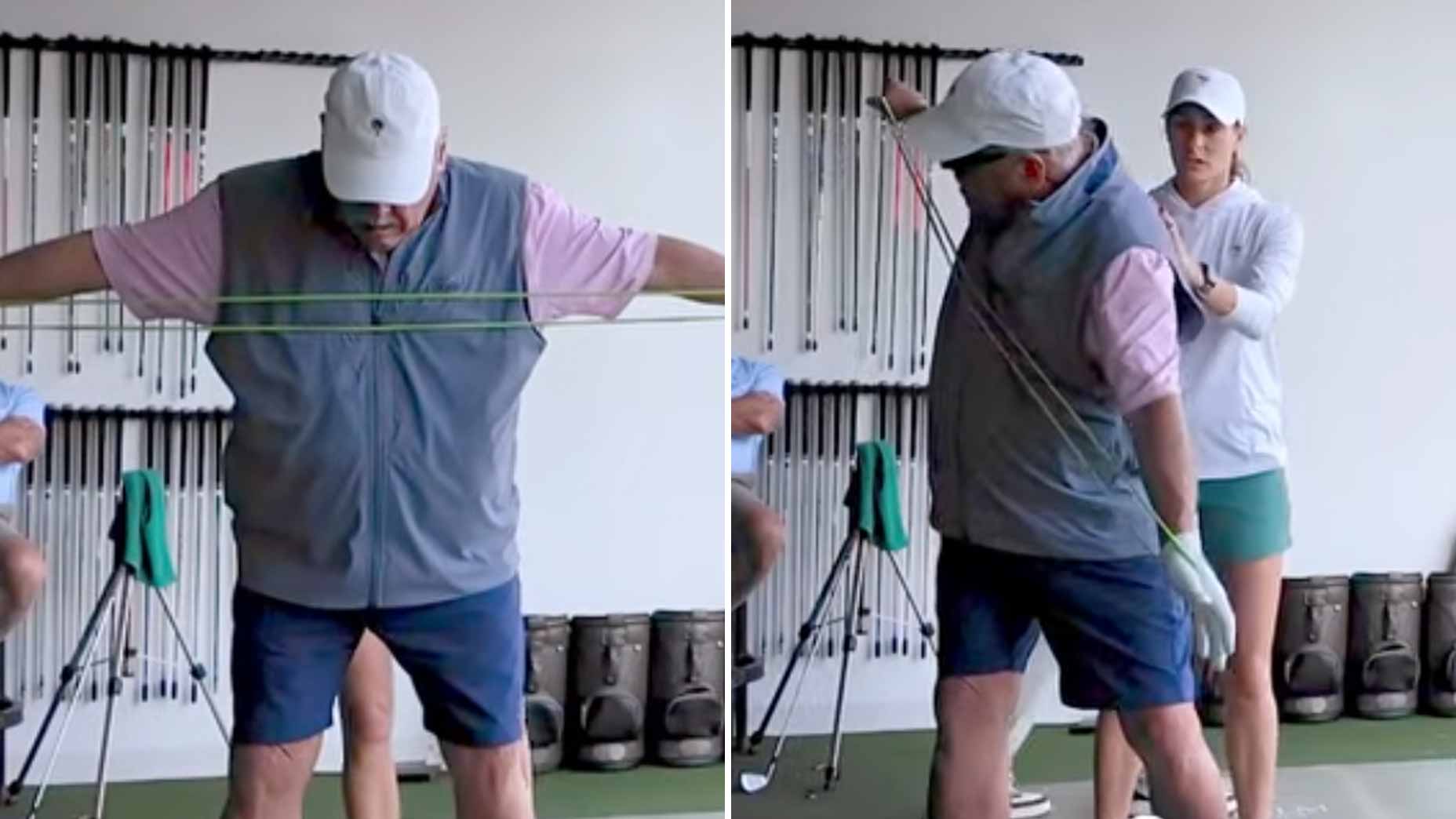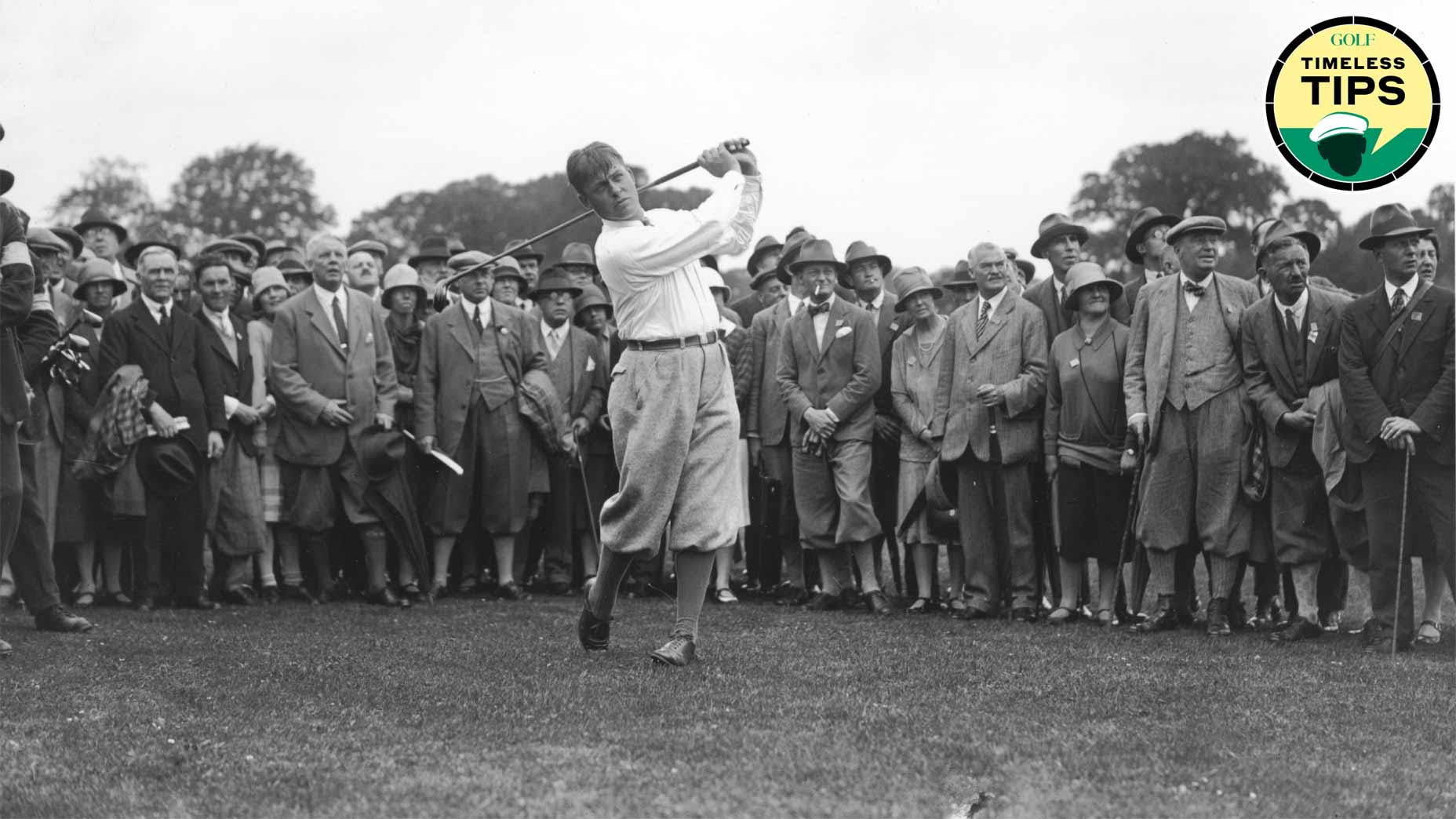When the stakes are raised, nerves will always creep in. That’s true for everything in life, but especially in sports.
Golf is no different. Anyone who’s stood on the 1st tee in front of a modest crowd can relate. Your pulse starts racing, and so does your mind. It’s never a fun feeling, but it’s one that will always be present when there’s something on the line.
Golf nerves are different than nerves in some other sports, though. When the ball is tipped in basketball, or pads start clashing in football, those butterflies in your stomach typically disappear. You get into the flow of the action and instincts take over. Things are moving so quickly that you don’t have time to let nerves take hold.
See the fascinating ways U.S. Open nerves affect the world’s best golfersBy: Luke Kerr-Dineen
However, when you’re on the course, the action moves a little bit slower. You hit a shot and then you have the entire walk to your ball stuck with your thoughts. And that’s when the nerves creep in.
Everyone who plays golf knows the feeling and it’s one of the most difficult aspects of the game — winning the battle with your mind. Often times, the difference between a good golfer and a great one is a mental edge.
That’s true all the way up to the professional ranks. When the back nine comes on Sundays, the players who can handle the nerves the best are usually the ones who end up holding the trophy.
Max Homa has been that dude plenty of times over the past few years, winning four times and becoming a top-20 player in the world in the process. And much of that success has come from handling the nerves coming down the stretch on Sundays.
Here’s how Homa does it.
How Max Homa deals with nerves
Dealing with nerves isn’t the easiest thing, but Homa likes to keep his strategy simple when he’s between the ropes.
“I guess it’s corny and like old school,” he said ahead of the Rocket Mortgage Classic. “But breathing is important.”
Homa also said he has to remind himself not to rush things when he gets nervous. He’s a fast walker by nature, but sometimes slowing down is the best thing for his golf game.
“I try to slow down on Thursday to Saturday but especially on Sunday I have to like tell myself to slow down,” he said. “I think that goes to just self awareness, knowing yourself, knowing your tics and know what’s going to maybe speed up that heart rate and try to avoid those things.”
Sometimes it’s the simple things that work best. And when nerves are a part of the equation, the simpler, the better.




